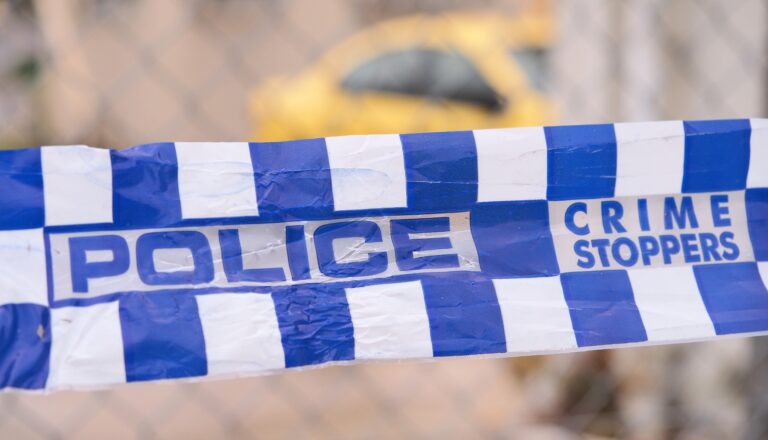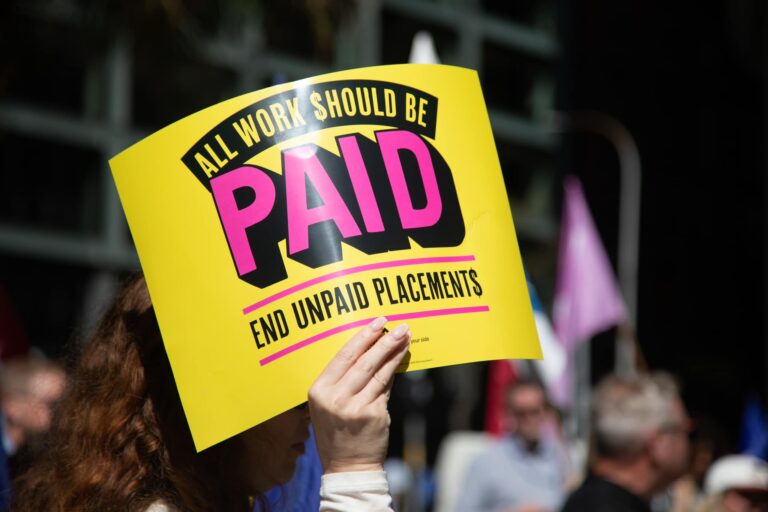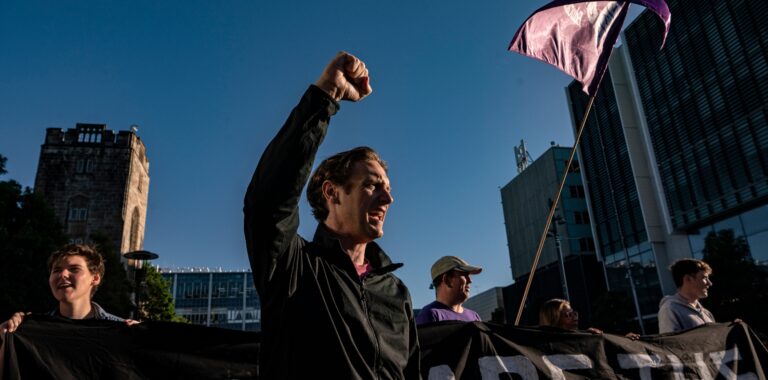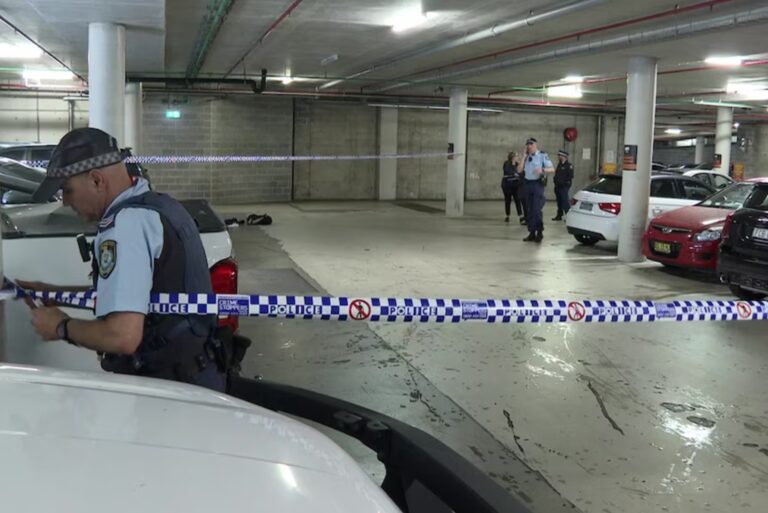
LEGAL ECSTASY
The mood-enhancing market is being flooded with locally-manufactured and imported herbal alternatives to illicit drugs, as festival tribes and clubbers opt for natural highs to combat the increased presence of sniffer dogs.
European-based websites sell party herbs as ‘plant-feeders’ and they are being allowed through Federal Customs as the ingredients are not subject to testing under the Standard for Uniform Scheduling of Drugs and Poisons (SUSDP).
These herbal products are usually a concoction of legal ingredients – containing amino acids, caffeine and extracts that don’t undergo a chemical synthesis – and innocuous binding agents. As they do not make therapeutic claims or cross state borders, they do not fall under the umbrella of the Therapeutic Goods Administration (TGA), the federal body that oversees medicinal products.
Herbal ecstasy, ‘Diablo – Strong as Hell’ pills, were sold from marquees during Sydney’s festival season in full view of NSW Police. Founder and owner of New Zealand-based manufacturing company Light Years, Matthew Wielenga, said: “This is a unique product. It’s not a vitamin or a food – not something you’d take as part of your daily diet. It’s something you take to get high. Should people legally be allowed to get high? Conservative governments would say that all drugs are bad.”
A spokesperson for Federal Customs said: “Sample tests undertaken so far have not detected any substances controlled under Customs regulations within the pills, but has identified variations and inconsistencies in the ingredients.”
But NSW Police Drug Squad commander, Detective Superintendent Nick Bingham, said the sale of herbal ecstasy was being monitored as some may contain illegal substances.
“In some cases, obscure analogues of illicit substances such as methylmethcathinone or dimethyltryptamine are found in the product, which is an offence in NSW,” he said. “And if it is established that a person is supplying herbal ecstasy and it is found to contain illicit substances, appropriate action will be taken.”
Methylmethcathinone is the foundation to ethadrone – a banned substance on the ACC 2007/08 report and a synthetic form of cocaine that has hit the party scene in Sydney. Clubbers are paying $20 a gram for powder from Dutch and Swiss-based websites, and sneaking it through Federal Customs. A supplier was recently arrested in Queensland when herbal ecstasy was found to contain traces of ethadrone.
NSW Police are currently investigating herbal ecstasy in conjunction with NSW Health and the TGA. But as long as there is no criminal element, NSW Police will continue to tolerate the drugs.
Ray Thorpe, author of Happy High Herbs, and founder of 18 nationwide stores that vend ‘medicinal’ herbs is Australia’s longtime campaigner against government bans on herbal, mood-altering substances. He claims that more than 100 ‘hazardous herbs’ are banned under the Therapeutic Goods Regulations (which he describes as ‘Draconian’) and that Australia is the strictest regulator of substances in the world.
The entirely-legal products at the stores include smokable herbs and ephedrine-free and piperazine-free tablets: energy – feel the rush; empathy – feel the love; and entropy – feel the bliss.
The internet is full of supporters, most of whom sell the product. Skin-up.com says of herbal ecstasy: “Expect a high, intense rush as the buzz kicks in, when the initial hit subsides after a good hour, you will find yourself in a state of euphoria while having the time of your life.”
Paul Dillon, Director of Drug and Alcohol Research and Training Australia, said there remained a potential for harm. “The safety issue is that people are often after a bigger effect than they get, so take more of them. This leads to side effects like stomach aches,” he said.
– By Matt Khoury









